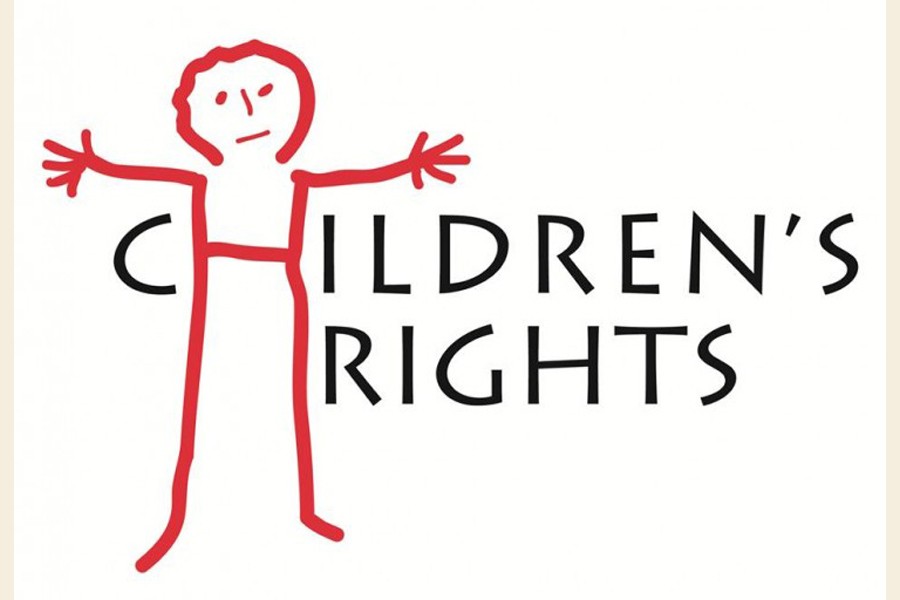Bangladesh is among the first nations to sign and ratify the United Nations Convention on the Rights of the Child (CRC). And we have had many achievements since then-100 per cent success in immunisation programme, dramatic rise in school enrollment, especially of girl children, while significant cuts in deaths of the newborns and maternal mortality rates.
But when it comes to birth registration, the country's achievement remains far from satisfactory, an area that needs to be addressed with immediate attention. Moreover, online birth registration is another big issue in a country where access to Internet is low.
Birth registration provides us with vital statistics at the national level for appropriate planning, monitoring, implementation and budgeting. This also helps the children and adolescents protect their rights.
Article 7 of the CRC to which Bangladesh is a party obliges states to register every child immediately after birth. Birth and Death Registration Act-2004 is a major safeguard to protect the rights of children in Bangladesh. This piece of legislation has made it compulsory for registering the birth of a child in case complexities of determining the age of a child arise in future.
Many parents do not realise the importance of reporting birth and obtaining certificates for their children within 45 days of birth. There are practical problems, though. Many parents do not choose the name of a baby within 45 days of birth, thus the delay in reporting birth of a child. They do so only when they require a birth certificate as proof of the child's identity and age, mostly during school enrollment at the age of six-plus.
Registration of birth becomes more likely as a child grows older and peaks at around age four. No significant variation in birth registration exists depending on the sex of the child but urban children are more likely to have their birth registration than their rural counterparts: 42.9 per cent versus 35.5 per cent.
Registration of birth is strongly associated with households' living standard and mother's education and awareness. Knowledge about registration varies significantly between urban and rural areas-72 per cent and 57.9 per cent respectively.
According to the government and UNICEF, the percentage of children younger than age five whose births are reported has risen in recent years in the country, but it still remains low at 37 per cent (in 2015). Improvements have been noticed in all divisions. Rangpur, being a newly-formed division, is the best-performing, where almost half of children younger than five were registered.
Meanwhile, the issuance of birth certificates remains a grey area. While issuing birth certificates, in many cases, officials influenced by parents change the date of birth to make sure that children's age meet the requirement for school enrollment or marriage.
There is another area of concern. While birth registration should be done at free of costs, it has been alleged that officials responsible for issuing birth certificates demand fees for the issuance. This creates problems. For example, Aparajeyo-Bangladesh, a project supported by the European Union, has been working with 12 police stations and deals with children coming into conflict with laws. Its officials have been facing problems in obtaining birth certificates as the project has no provision of paying for the certificates as it works for the disadvantaged and underprivileged children.
The constitution of Bangladesh makes provision for children's rights to be given priority, rightly recognising children as the vulnerable segment of society. Only three years after the independence, the Children Act 1974 was passed to address the situation of children.
If we want to give our children a better future, birth registration process should be given a priority while removing procedural bottlenecks. We cannot simply deny children their right to identity. Even more, birth certificates can be an effective tool for fighting child marriage in Bangladesh, where the rate is one of the highest in the world.
The writer is Executive Director, Aparajeo-Bangladesh.


